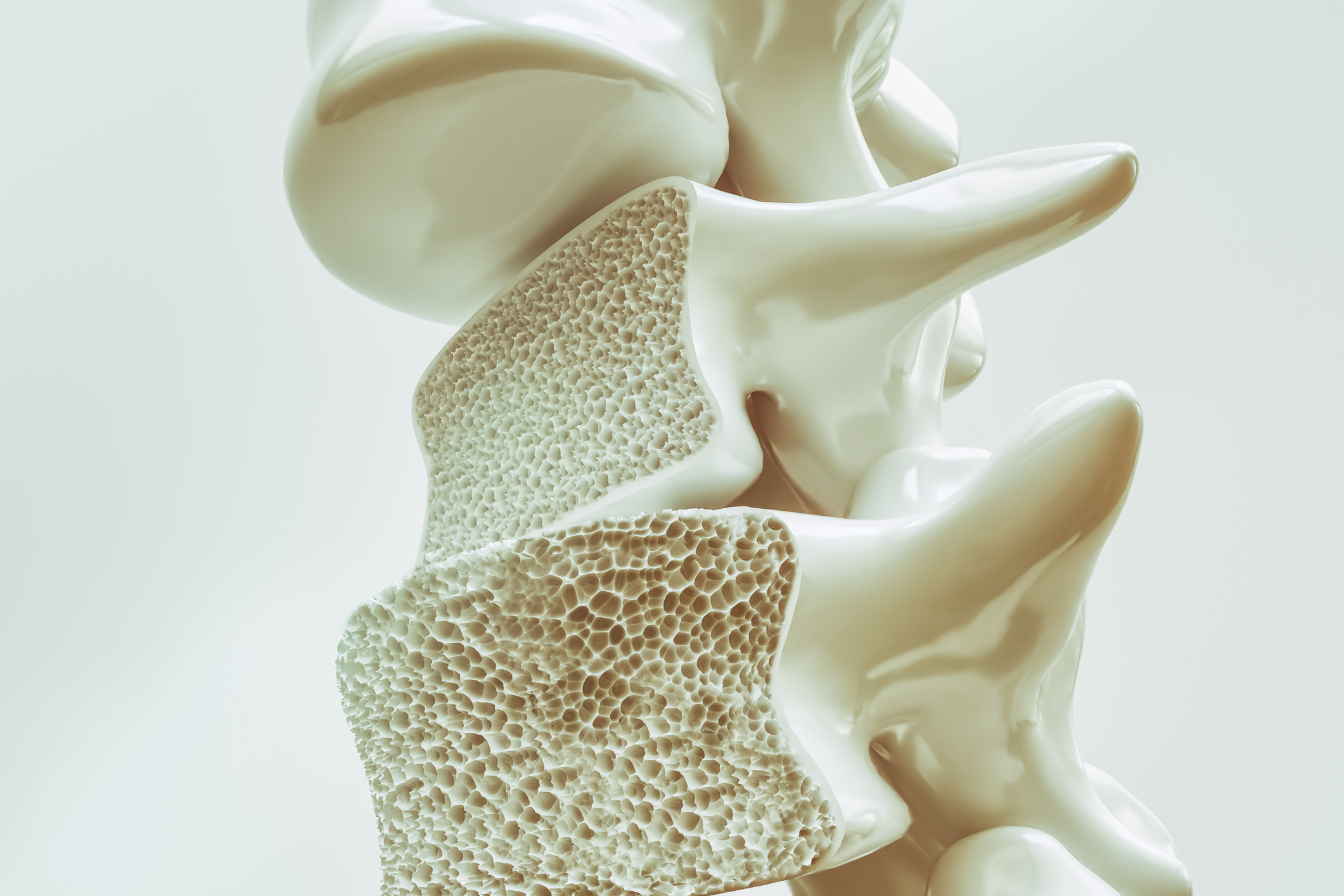
Living with low bone density, also known as osteoporosis or osteopenia, requires a combination of lifestyle modifications and medical management. Here are some tips to help you live well with bone density issues:
- Consult with a healthcare professional: If you have concerns about your bone density, it’s important to consult with a healthcare professional, such as a doctor or an endocrinologist. They can evaluate your condition, provide an accurate diagnosis, and recommend appropriate treatment options.
- Follow your doctor’s advice: Your healthcare provider may prescribe medications to slow down bone loss or promote bone growth. It’s crucial to take these medications as prescribed and follow any additional advice provided by your doctor.
- Eat a bone-healthy diet: Ensure your diet includes adequate amounts of calcium and vitamin D. Calcium-rich foods include dairy products, leafy green vegetables, almonds, and tofu. Vitamin D can be obtained from sunlight exposure and certain foods like fatty fish, fortified dairy products, and egg yolks. In some cases, supplements may be recommended to meet your nutritional needs.
- Engage in weight-bearing exercises: Regular physical activity, especially weight-bearing exercises like walking, jogging, dancing, or weightlifting, can help improve bone density and strengthen bones. Consult with your doctor or a physical therapist to determine suitable exercises based on your condition.
- Avoid smoking and limit alcohol consumption: Smoking and excessive alcohol consumption can contribute to bone loss and weaken bones. Quitting smoking and moderating alcohol intake can positively impact bone health.
- Prevent falls and fractures: Take precautions to minimize the risk of falls and fractures, as weakened bones are more prone to injury. Keep your living space well-lit, remove tripping hazards, use handrails on staircases, and wear appropriate footwear with good traction. Consider using assistive devices like canes or walkers if necessary.
- Modify your home environment: Make necessary modifications to your home to ensure it is safe and supportive of your condition. This may include installing grab bars in bathrooms, using non-slip mats, and arranging furniture to allow for easy movement.
- Attend regular check-ups: Regularly follow up with your healthcare provider to monitor your bone density and adjust treatment plans as needed. They can assess the effectiveness of your current regimen and make any necessary modifications.
- Educate yourself: Stay informed about osteoporosis and bone health. Understand your condition, treatment options, and lifestyle recommendations. Knowledge empowers you to make informed decisions and actively manage your health.
Remember, living with low bone density requires a comprehensive approach involving medical guidance, a healthy lifestyle, and proper self-care. Always consult with healthcare professionals to receive personalized advice based on your specific condition.
See More on Video

The Bone Density Solution By Shelly Manning The program is all about healthy food and healthy habits. As we discussed earlier, we develop osteoporosis due to low bone density. Therefore, you will have to choose the right food to help your calcium and other vitamin deficiencies.